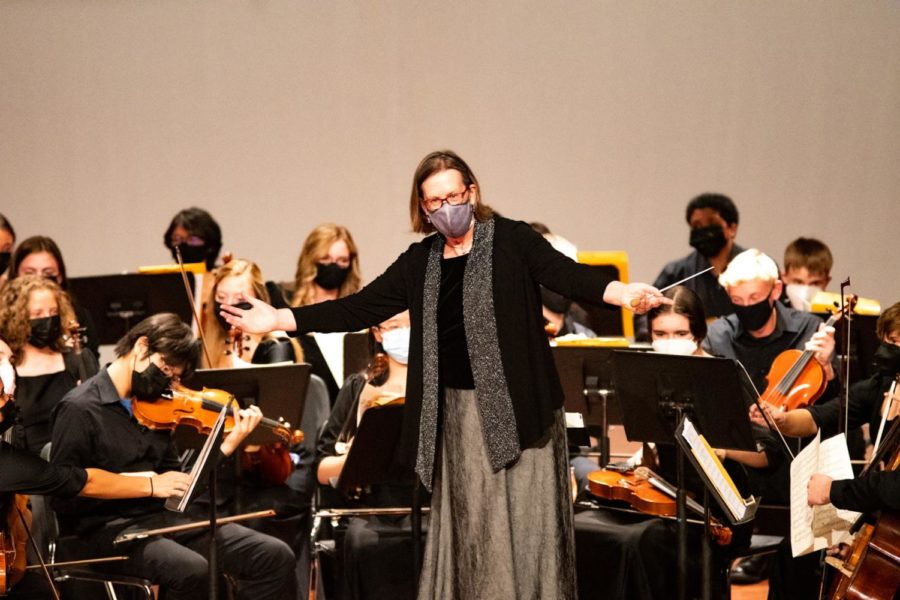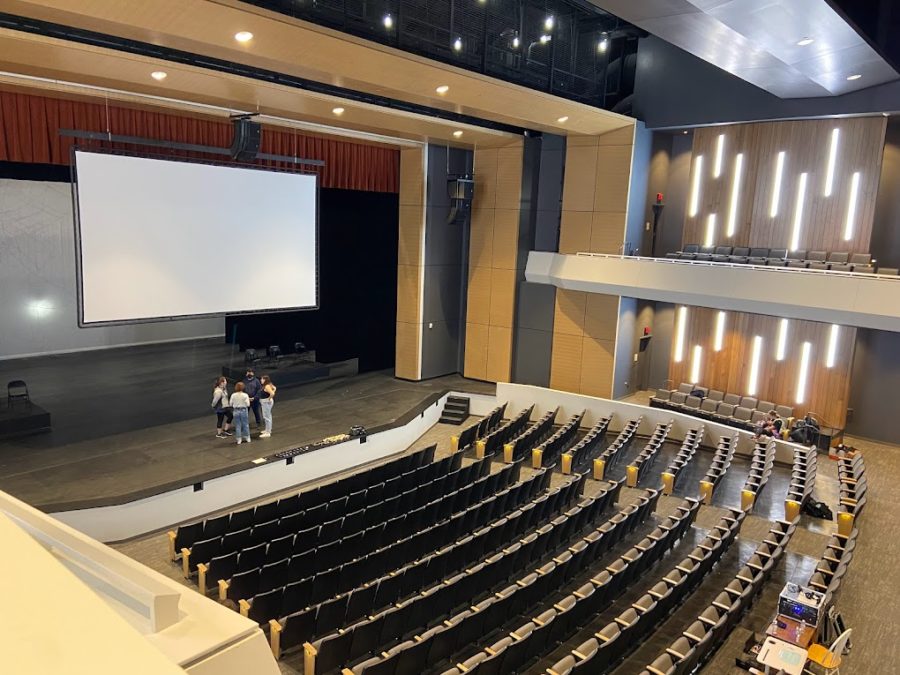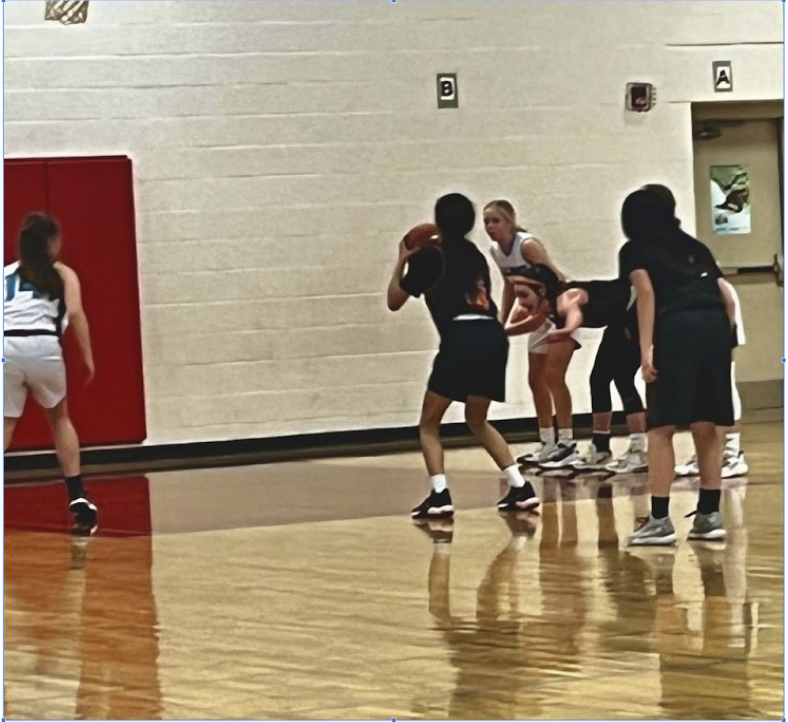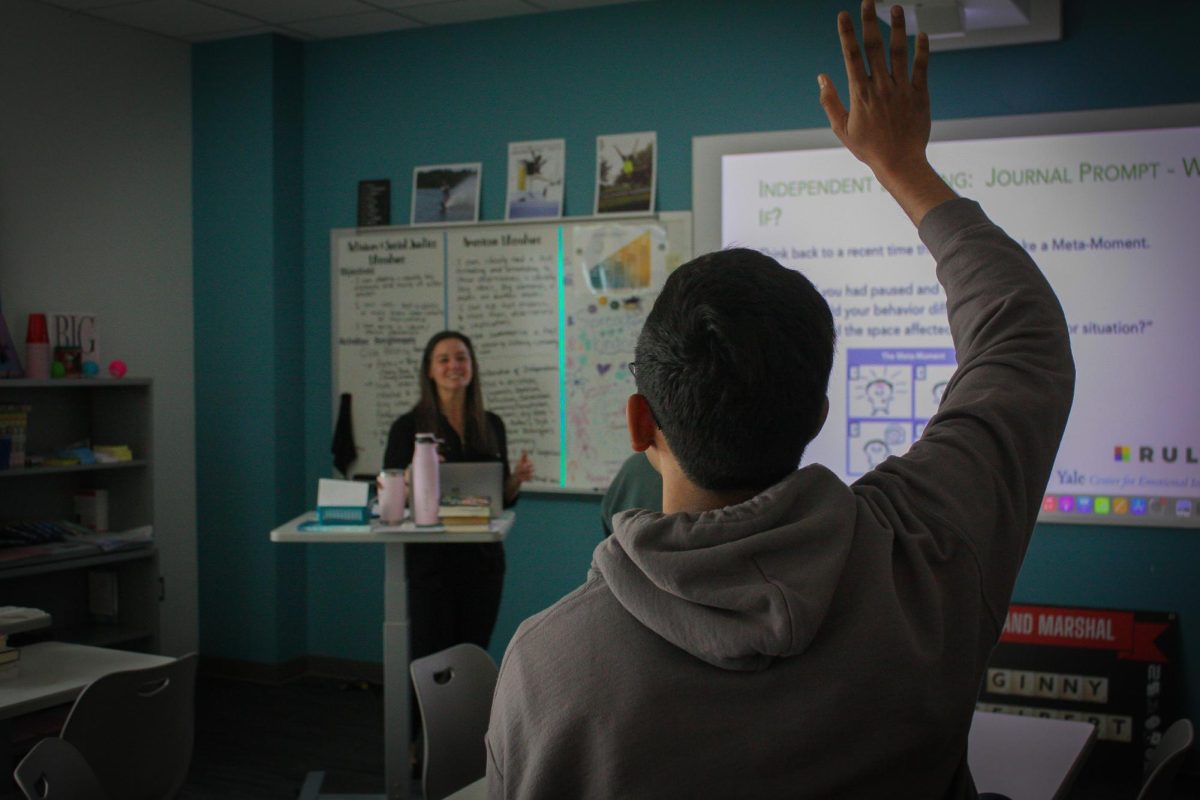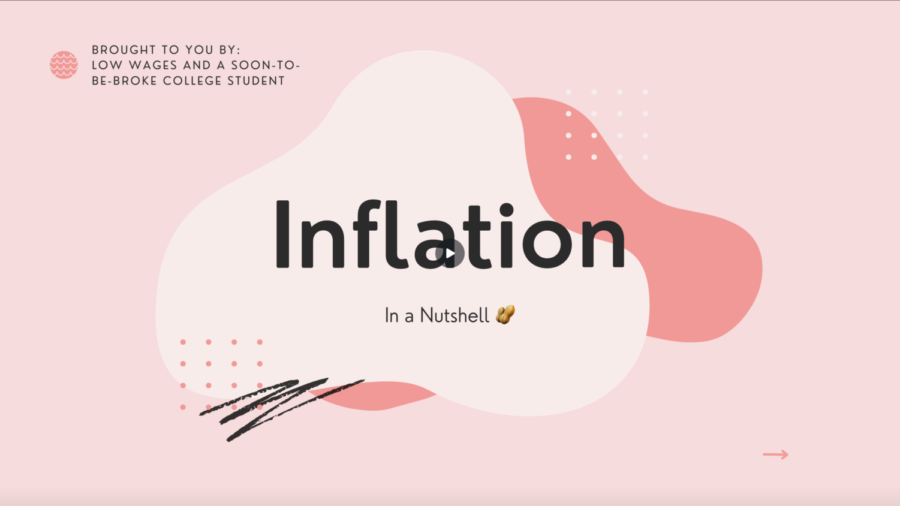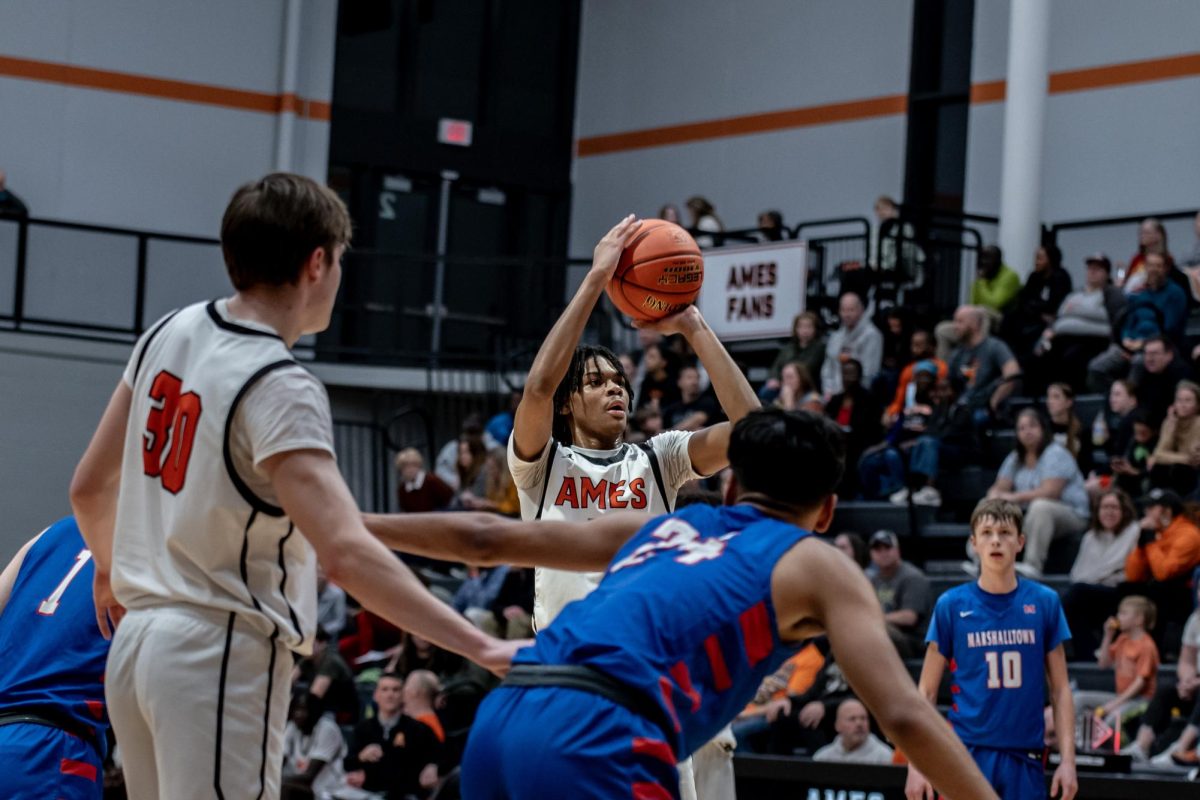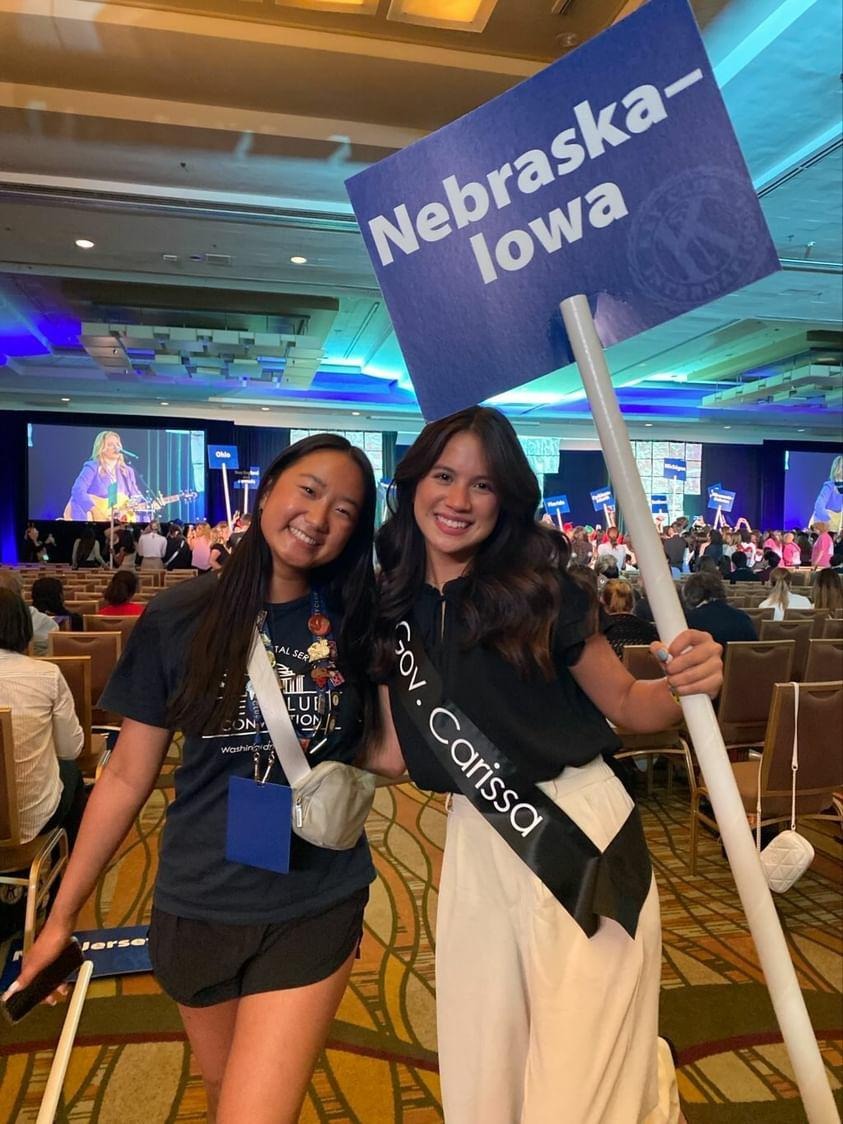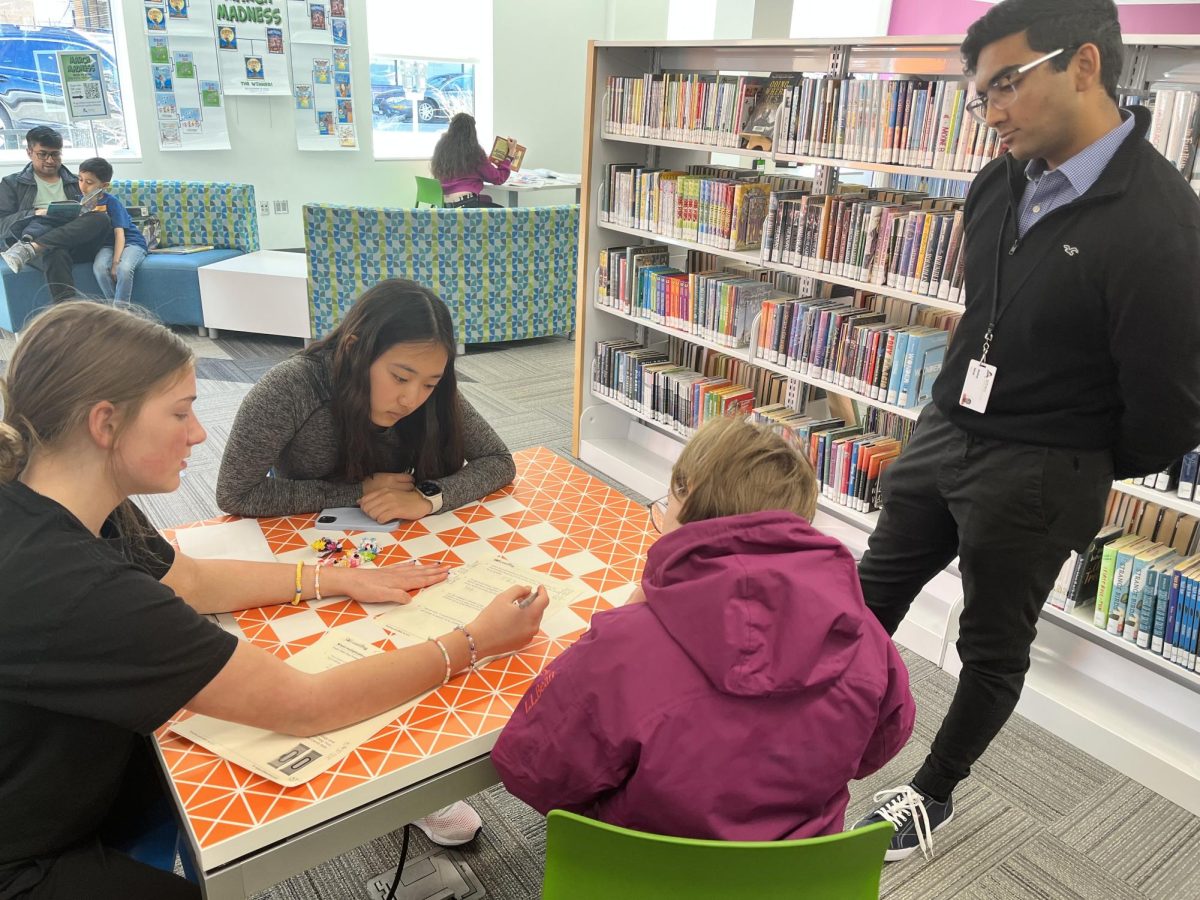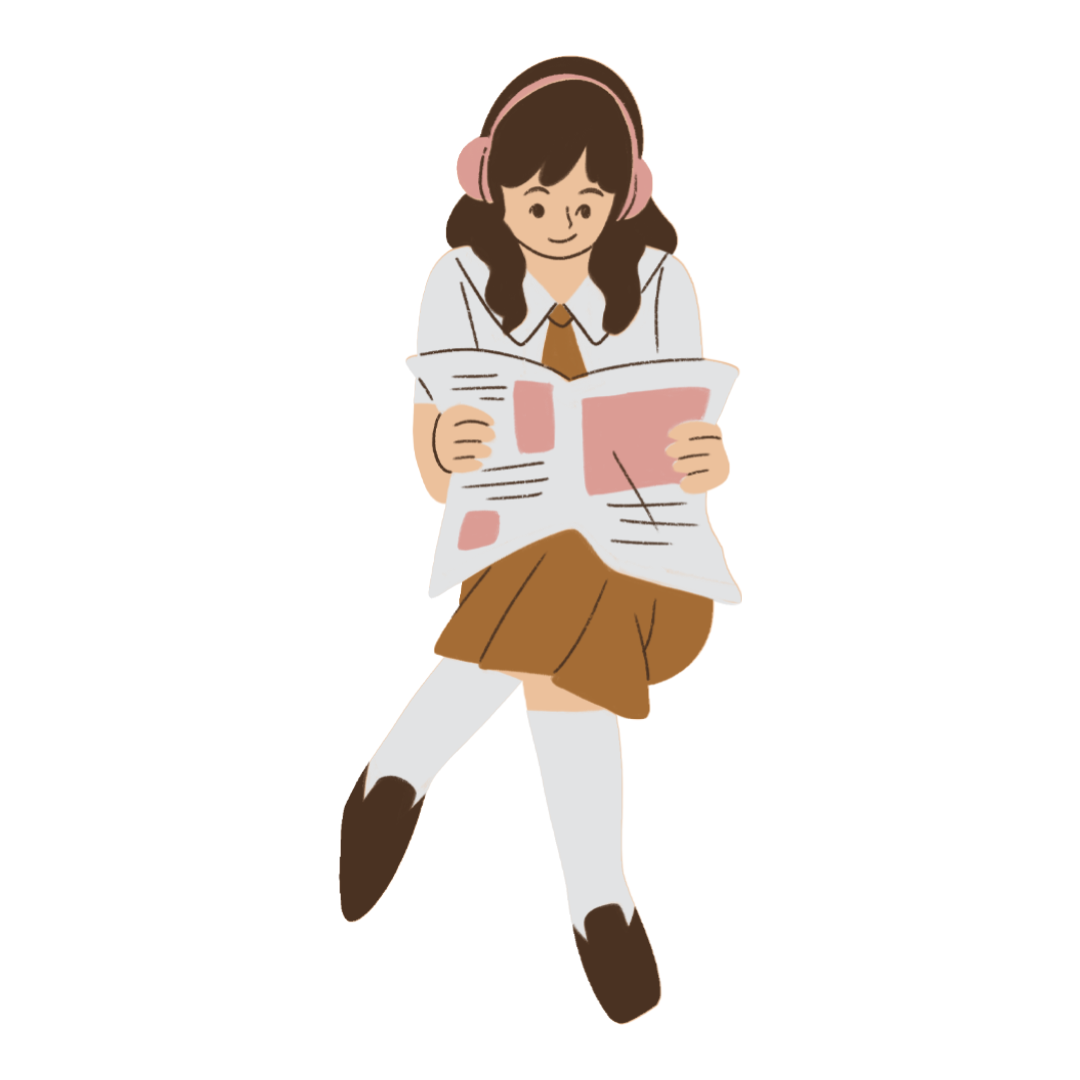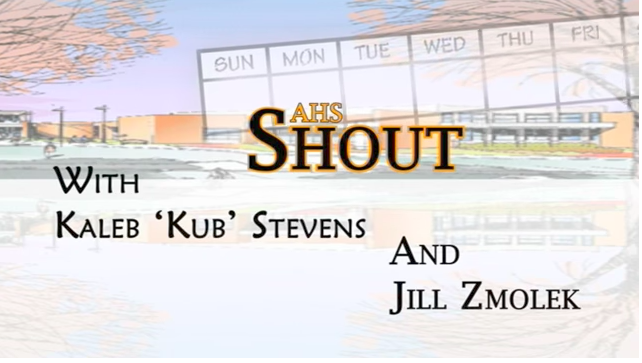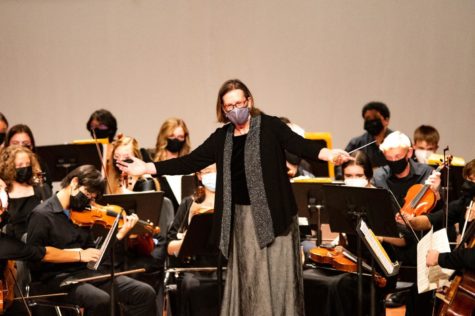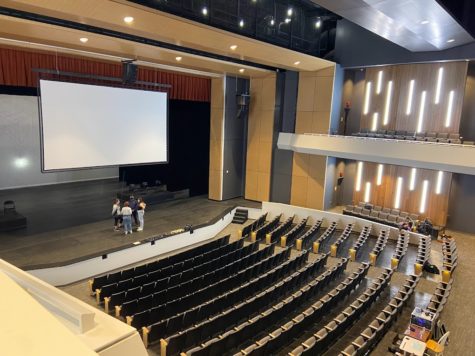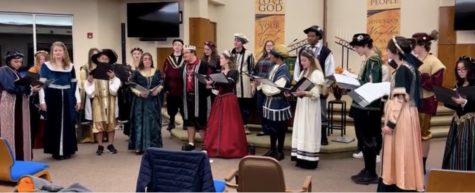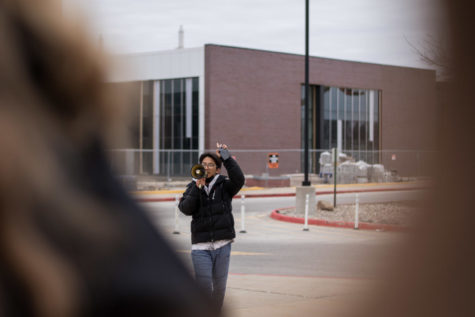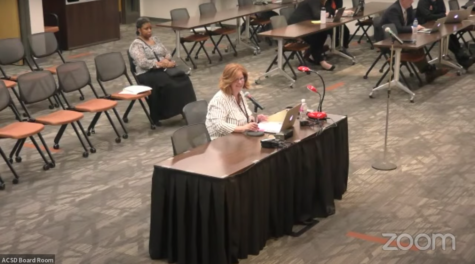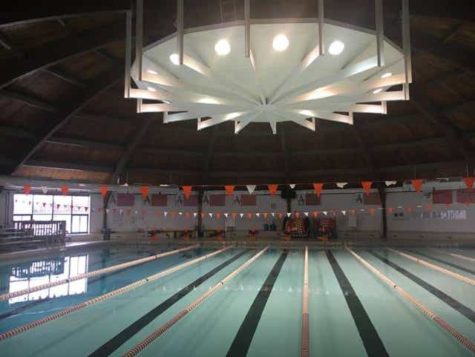Plus Period cancelled for rest of year
April 25, 2018
On Monday April 16th, for the first time in nearly three years, as the bell sounded students spilled into the hallways headed directly from their 6th to their 7th period classroom.
“It felt a little empty, like something was definitely missing,” said junior Abbas Kusow. The administration’s abrupt cancellation of plus Period shocked many. For Abbas and his fellow co-leaders of the prominent club, Student’s Advancing Civil Rights Education (SACRE), the announcement was a direct threat to the existence of their club.
“Having that Friday plus period was something that was really necessary for our core members, and for people who were maybe skeptical of SACRE, it would be a great time for them to get insight into the club,” Kusow said. Without plus the future of SACRE is uncertain. While still intending to meet, the leaders are struggling to find a time and place that allows for the same variety of participation that plus period offered. And SACRE is not alone. Nearly every club at the High School utilized plus period in some way.
Beyond clubs, plus offered a vital time for students to get extra help from teachers, catch up on work, and explore many subjects that wouldn’t normally be taught in the classroom, such as Yoga and Philosophy.
The decision to cancel plus period for the remainder of the year was the result of an extremely large number of students abusing the plus period time, by either not signing up or by skipping the period entirely.
The administration was unable to use Flexisched to track and crack down on those who skipped, and being unable to account for so many students became a significant security threat.
A committee of teachers is being formed to review plus period and determine the best way to reinstate plus in the 2018-2019 school year.
While many students and staff are upset at the sudden cancellation of plus, some teachers are using the extra class time to further learning in their subjects. For Tim Mooney the 16th was a day to rejoice.
“It’s really nice to have that four minutes back,” Mooney said. The introduction of plus period coincided directly with a state mandate that schools could not begin school earlier than August 24th. The loss of 4 minutes from every class period to accommodate for plus period was a cumulative loss of 16 instructional days, and this, in addition to the changed school year start time, left Advanced Placement teachers scrambling to deliver the instruction necessary for the AP national exams (the dates of which had not changed).
In theory, these lost instructional days could be made up by utilizing plus period.
“They basically said we’ll unpackage it and repackage it and deliver it during a plus period,” Mooney said. However, according to Mooney, it was unrealistic to ask teachers to redesign their curriculum, and frankly he couldn’t find the energy to plan for an extra period four days a week. In addition for classes such as APUSH with upwards of a 120 students, it is impossible for all students to receive additional instruction in plus.
He also cited the immense harm that is done when a discussion that has taken the entire period to build up is cut short by the bell. He believes plus simply exacerbates this.
While it’s difficult to use plus as additional class time, it is also difficult and often impossible to use class time to accomplish many of the activities that were taking place in plus.
The hope is for a reformed plus to be put into place next year that keeps as much as it can of the best of both worlds.




